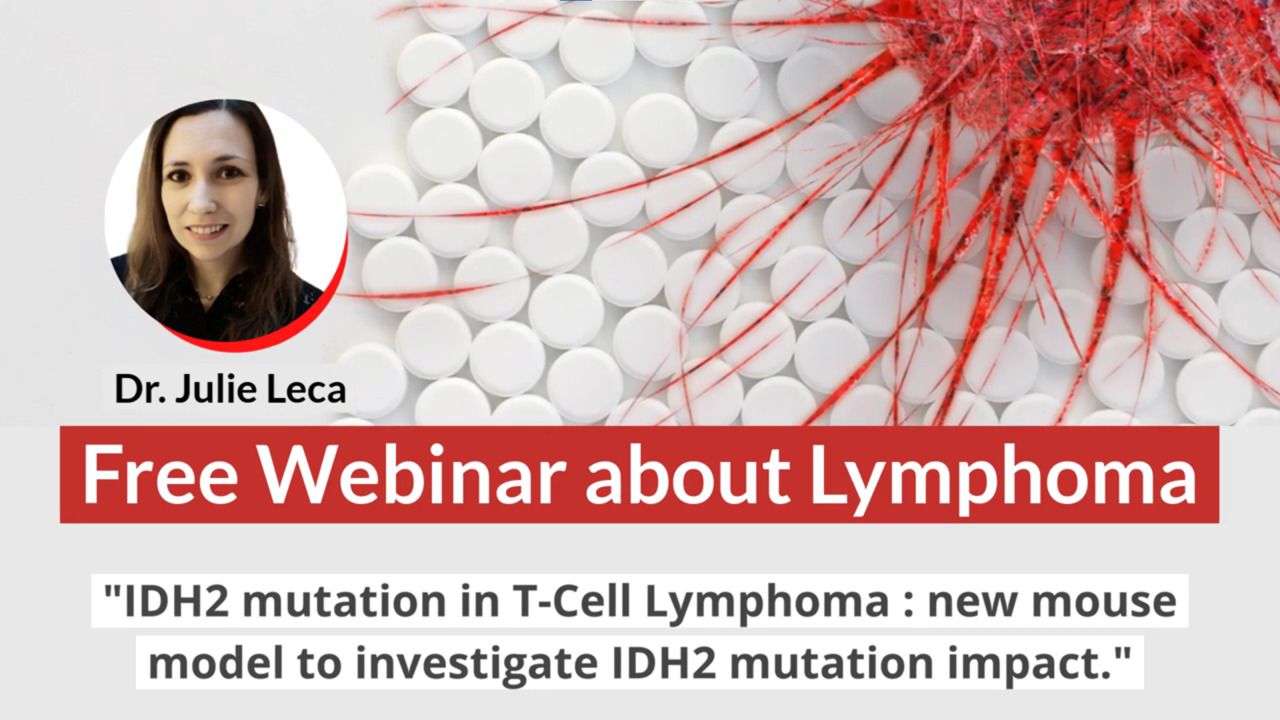Calym
21 December 2017
PRIMA: from the clinical study to translational research
From the clinical study...
The PRIMA study – Roche collaboration
- To evaluate in patients with advanced follicular lymphoma (FL) the benefit of maintenance therapy with rituximab
- 223 centers – 25 countries – 1217 patients
Results
- 2 years of rituximab maintenance therapy after immuno-chemotherapy as first-line treatment for follicular lymphoma significantly improves progression-free survival (PFS)
- EMA, Swissmedic and FDA have approved the use of MabThera (rituximab) as maintenance therapy for patients suffering from FL
… to translational research...
PRIMA-extended studies
- Circulating lymphoma cells (Sarkozy C et al. “Rituximab maintenance obviates the poor prognosis associated with circulating lymphoma cells in patients with follicular lymphoma”Blood 2014, Apr 24 ;123(17):2740-2 – DOI: 10.1182/blood-2014-02-553693)
- Circulating DNA (Sarkozy C et al. “The prognostic value of clonal heterogeneity and quantitative assessment of plasma circulating clonal IG-VDJ sequences at diagnosis in patients with follicular lymphoma”, Oncotarget 2017, Jan 31 ;8(5):8765-8774 – DOI: 10.18632/oncotarget.14448)
- Impact of statin use in lymphoma (Bachy E et al. ”Statin use is safe and does not impact prognosis in patient with de novo follicular lymphoma treated with immunochemotherapy : An exploratory analysis of the PRIMA cohort study” Am J Hematol 2016, Jun ;91(4):410-5. DOI: 10.1002/ajh.24305)
- Towards the definition of a surrogate endpoint (Sargent D, submitted)
- Imaging studies: PET-CT (Trotman J et al. “Positron emission tomography-computed tomography (PET-CT) after induction therapy is highly predictive of patient outcome in follicular lymphoma : analysis of PET-CT in a subset of PRIMA trial participants”, J Clin Oncol 2011, Aug 10 ;29(23):3194-200 – DOI: 10.1200/JCO.2011.35.0736) / Trotman J et al. “Prognostic value of PET-CT after first-line therapy in patients with follicular lymphoma : a pooled analysis of central scan review in three multicentre studies”, Lancet Haematol 2014, Oct ;1(1):e17-27 – DOI: 10.1016/S2352-3026(14)70008-0)
- Prognostic significance of FL-associated macrophages (Kridel R et al. “The Prognostic Impact of CD163-Positive Macrophages in Follicular Lymphoma : A Study from the BC Cancer Agency and the Lymphoma Study Association”, Clin Cancer Res 2015, Aug 1 ;21(15):3428-35 – DOI: 10.1158/1078-0432.CCR-14-3253)
- Impact of pretreatment vitamin D on FL outcome (Kelly JL et al. ”Low Serum Vitamin D Levels Are Associated With Inferior Survival in Follicular Lymphoma : A Prospective Evaluation in SWOG and LYSA Studies”, J Clin Oncol 2015, May 1 ;33(13):1482-90 – DOI: 10.1200/JCO.2014.57.5092)
- Genomic landscape (Ghesquières H et al. “Clinical outcome of patients with follicular lymphoma receiving chemoimmunotherapy in the PRIMA study is not affected by FCGR3A and FCGR2A polymorphisms”, Blood 2012, Sep 27 ;120(13):2650-7 – DOI: 10.1182/blood-2012-05-431825/ Skibola CF et al. “Genome-wide association study identifies five susceptibility loci for follicular lymphoma outside the HLA region”, Am J Hum Genet 2014, Oct 2 ;95(4):462-71 – DOI: 10.1016/j.ajhg.2014.09.004)
- Towards personalized medicine… (on-going)
... to long-term follow-up
Long-term efficacy of Rituximab maintenance persists after ten years of follow-up. These results from the PRIMA study conducted by LYSA were presented at the international congress of the American Society of Hematology (ASH) in Atlanta in the USA on 10 December 2017.
Collaborations
- Academic partners: Mayo Clinic, SWOG network, British Columbia Cancer Agency, Rabin Cancer Center…
- Industry partners: Adaptive Biotechnologies, Roche



